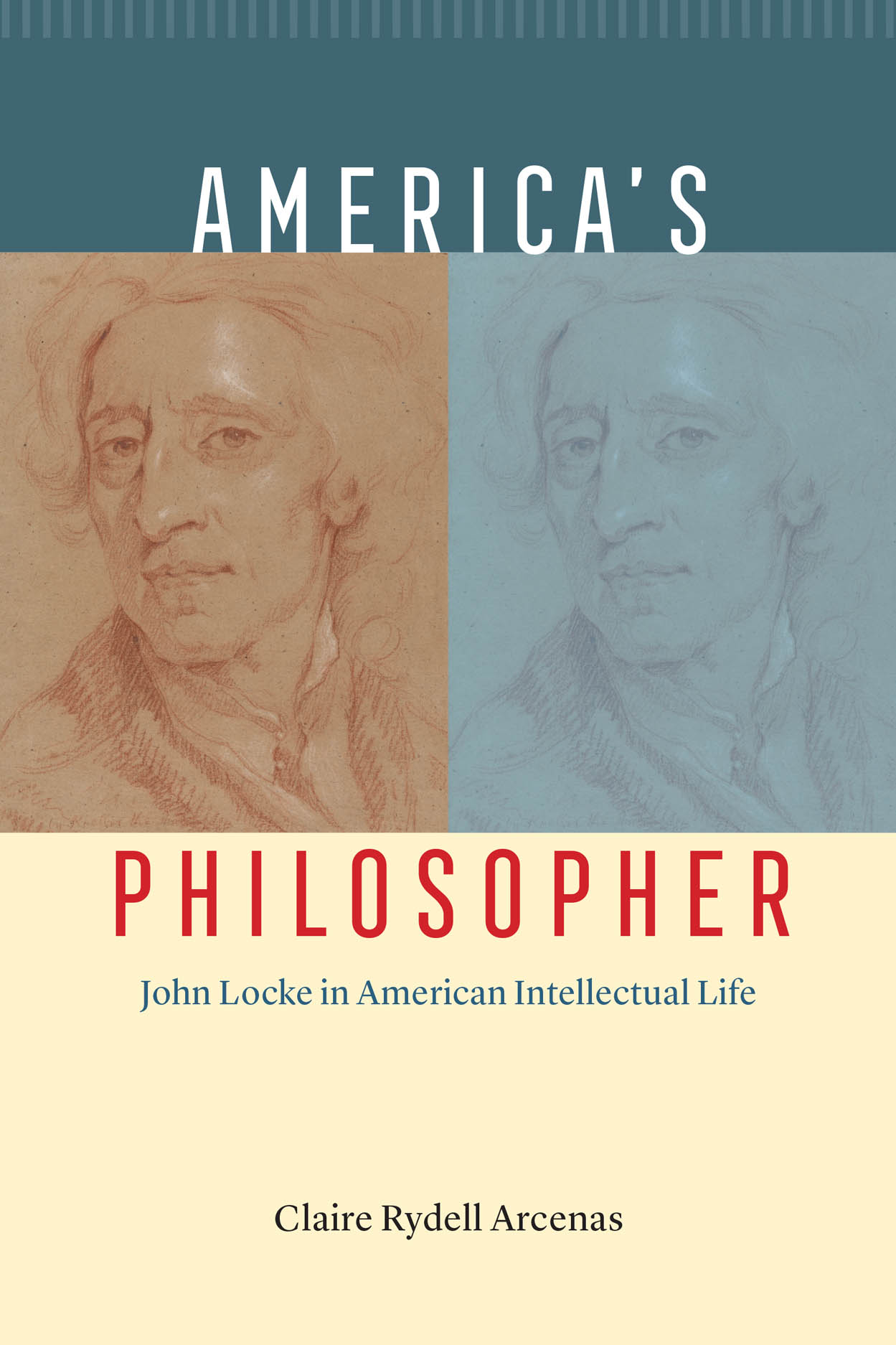How does any historian measure the weight of an intellectual’s influence? By what method do we begin to understand the effect an intellectual has on other thinkers or, even more difficult, movements and traditions? To me, the classic example of this conundrum is Karl Marx; to put it crudely, how much is he responsible for Stalin? In a similar way, though in a less gloomy environment, Claire Rydell Arcenas, associate professor of history at the University of Montana, asks how much British philosopher John Locke is responsible for the US. According to Arcenas in her book America’s Philosopher: John Locke in American Intellectual Life, not much. Of course, her explanation is far more intellectually creative and methodologically sophisticated than my simple retort. Indeed, Arcenas demonstrates how the evolution of Locke into “America’s philosopher” is surprisingly linked to Karl Marx and the perception of the German philosopher’s long intellectual shadow.
In the fifth chapter of her book, a tour de force of historical investigation and narrative argument, Arcenas explains the dire ideological situation the US found itself in at the dawn of the Cold War. “Particularly problematic for America’s Cold War warriors,” Arecenas observes, “was the fact that communists had a clearly defined textual, philosophical, and intellectual foundation for their cause: Karl Marx and Das Kapital. But who did the Americans have”? Enter John Locke, author of the by-then famous and widely taught Second Treatise (1689) and the philosopher widely known for the influential intellectual triptych: “Life, Liberty, and Property.” Arcenas relates that among the many ways Locke emerged as a useful foil for the communist pantheon was his presence in college. For example, in a graduate class in Princeton’s department of Politics in 1948, “[The students] were asked to supply a list of books that could do for American—and by extension, Western—civilization the equivalent of what Marx’s Das Kapital did for communists.” The key to this example, Arcenas argues, was not the brilliance of Locke’s philosophical contribution to constitutional theory, rather, “like other students in classrooms across the country, these young men at Princeton were engaged in an active effort to construct an American ideology to combat a communist one.” In other words, America needed Locke in its struggle over a future shaped in large part by a contest of ideas. By the Cold War, Locke the political philosopher had grown into a foundational member of the American Political Tradition, which was, as Arcenas notes, interchangeable with “the Liberal Tradition.”
